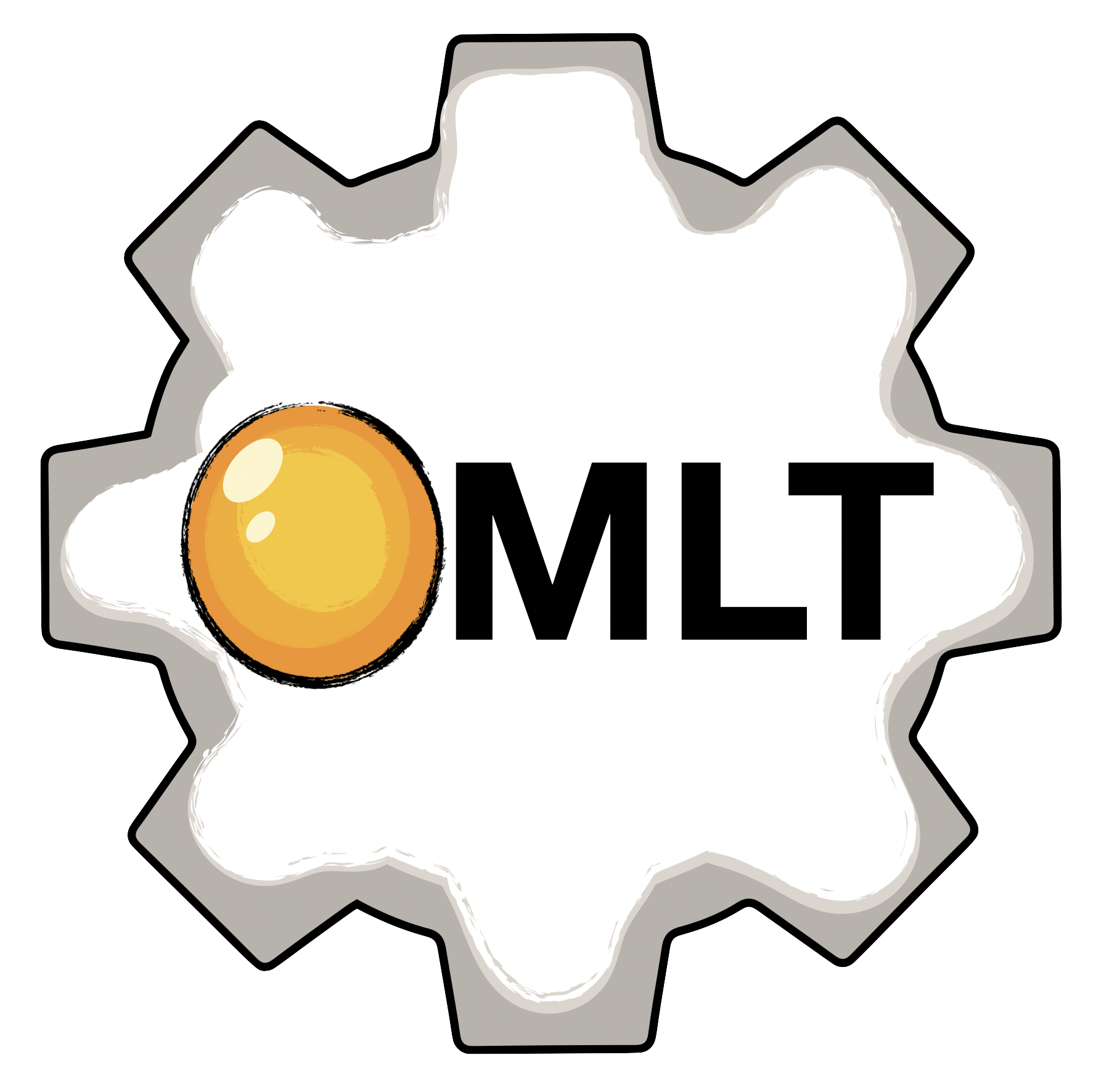

OMLT is a Python package for representing machine learning models (neural networks and gradient-boosted trees) within the Pyomo optimization environment. The package provides various optimization formulations for machine learning models (such as full-space, reduced-space, and MILP) as well as an interface to import sequential Keras and general ONNX models.
Please reference the paper for this software package as:
@article{ceccon2022omlt,
title={OMLT: Optimization & Machine Learning Toolkit},
author={Ceccon, F. and Jalving, J. and Haddad, J. and Thebelt, A. and Tsay, C. and Laird, C. D and Misener, R.},
journal={Journal of Machine Learning Research},
volume={23},
number={349},
pages={1--8},
year={2022}
}
When utilizing linear model decision trees, please cite the following paper in addition:
@article{ammari2023,
title={Linear Model Decision Trees as Surrogates in Optimization of Engineering Applications},
author= {Bashar L. Ammari and Emma S. Johnson and Georgia Stinchfield and Taehun Kim and Michael Bynum and William E. Hart and Joshua Pulsipher and Carl D. Laird},
journal={Computers \& Chemical Engineering},
volume = {178},
year = {2023},
issn = {0098-1354},
doi = {https://doi.org/10.1016/j.compchemeng.2023.108347}
}
When utilizing graph neural networks, please cite the following paper in addition:
@article{zhang2024,
title = {Augmenting optimization-based molecular design with graph neural networks},
author= {Shiqiang Zhang and Juan S. Campos and Christian Feldmann and Frederik Sandfort and Miriam Mathea and Ruth Misener},
journal = {Computers \& Chemical Engineering},
volume = {186},
pages = {108684},
year = {2024},
issn = {0098-1354},
doi = {https://doi.org/10.1016/j.compchemeng.2024.108684},
}
The latest OMLT documentation can be found at the readthedocs page. Additionally, much of the current functionality is demonstrated using Jupyter notebooks available in the notebooks folder.
import tensorflow
import pyomo.environ as pyo
from omlt import OmltBlock, OffsetScaling
from omlt.neuralnet import FullSpaceNNFormulation, NetworkDefinition
from omlt.io import load_keras_sequential
#load a Keras model
nn = tensorflow.keras.models.load_model('tests/models/keras_linear_131_sigmoid', compile=False)
#create a Pyomo model with an OMLT block
model = pyo.ConcreteModel()
model.nn = OmltBlock()
#the neural net contains one input and one output
model.input = pyo.Var()
model.output = pyo.Var()
#apply simple offset scaling for the input and output
scale_x = (1, 0.5) #(mean,stdev) of the input
scale_y = (-0.25, 0.125) #(mean,stdev) of the output
scaler = OffsetScaling(offset_inputs=[scale_x[0]],
factor_inputs=[scale_x[1]],
offset_outputs=[scale_y[0]],
factor_outputs=[scale_y[1]])
#provide bounds on the input variable (e.g. from training)
scaled_input_bounds = {0:(0,5)}
#load the keras model into a network definition
net = load_keras_sequential(nn,scaler,scaled_input_bounds)
#multiple formulations of a neural network are possible
#this uses the default NeuralNetworkFormulation object
formulation = FullSpaceNNFormulation(net)
#build the formulation on the OMLT block
model.nn.build_formulation(formulation)
#query inputs and outputs, as well as scaled inputs and outputs
model.nn.inputs.display()
model.nn.outputs.display()
model.nn.scaled_inputs.display()
model.nn.scaled_outputs.display()
#connect pyomo model input and output to the neural network
@model.Constraint()
def connect_input(mdl):
return mdl.input == mdl.nn.inputs[0]
@model.Constraint()
def connect_output(mdl):
return mdl.output == mdl.nn.outputs[0]
#solve an inverse problem to find that input that most closely matches the output value of 0.5
model.obj = pyo.Objective(expr=(model.output - 0.5)**2)
status = pyo.SolverFactory('ipopt').solve(model, tee=False)
print(pyo.value(model.input))
print(pyo.value(model.output))OMLT uses just to manage development tasks:
justto list available tasksjust checkto run all checksjust fixto apply any auto-fixesjust devto install development dependencies in your current Python environmentjust dev-gpusame asdevbut with GPU supportjust docsto build the documentation